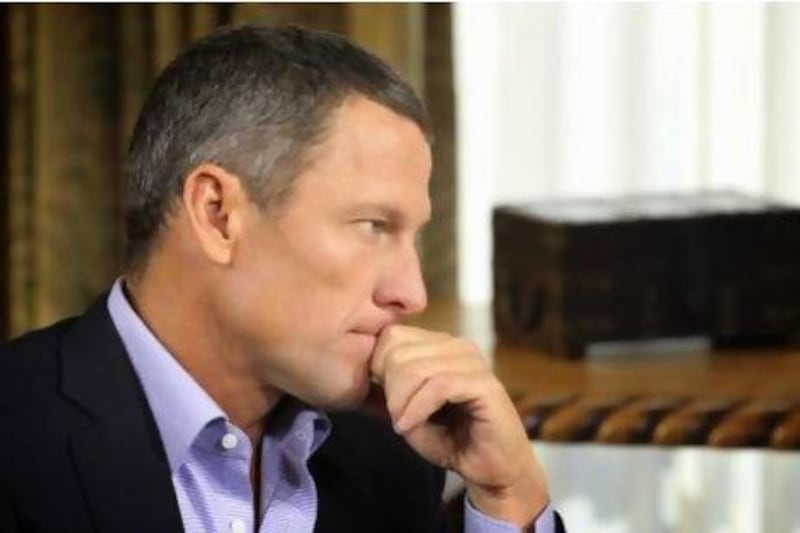Why do people tell lies at work?
To varying degrees we've all bent the truth in our careers. The standard measure, backed up by consistent studies, is that the average American tells one to two lies a day, and frequently at the office.
A University of Oxford behavioural economist, Johannes Abeler, working with a group of German colleagues, published a study in October that found that when contacted randomly at their homes by phone, most people will tell the truth even when doing so causes them to forfeit a small reward. Not so when they're elsewhere: about a third of people were dishonest when the experiment was tried in a lab setting.
The researchers extrapolate that we're more willing to lie in the office than at home. "If people are given wriggle room, as they are in office settings, they can convince themselves that their behaviour isn't fraudulent, and this doesn't attack their sense of self," says Mr Abeler.
Most of the lying that happens at work is a simple matter of avoiding blame. You forgot to do something or elided some onerous task, and a fib squeaks out: a traffic jam that cost you an hour, a "lost" email, or some other missed connection, all in the interest of buying time to recover.
"Most workplace lies aren't actually antibusiness," says David Shulman, an associate professor at Lafayette College and the author of From Hire to Liar: The Role of Deception in the Workplace. "They're really in the interest of getting the job done."
But darker motives do exist. Suzanne Garvin, a personal banker in Los Angeles,tells of an instance in which she mistakenly drew a large cheque from the wrong account. Her supervisor, a kindly looking older lady, had blown by Ms Garvin's desk and initialled the check without looking at the account number.
When the error was discovered, the supervisor obscured her sign-off and tried to blame Ms Garvin (who had kept a photocopy of the cheque and quietly presented it during the inquisition that followed). "Our bosses were disturbed and assured me they would look into it," recalls Ms Garvin. Yet the punishment was slight; just a brief talking-to, no more.
While much of business is transparent, negotiations, in particular, tend to leave room for morally iffy gamesmanship. "A negotiator must be fair and truthful. On the other [hand] he must mislead his opponent," writes James White, a professor of law at Indiana University, in the American Bar Foundation Research Journal.
In his 2007 MIT Sloan Management Review article, "Negotiating With Liars", Robert Adler outlines methods to protect against such craftiness, including the old ploy of asking questions to which you already know the answers, and straight up instructing your opponent to come clean. "Ask 'Is there something important that you know about this deal you haven't told me?'" Mr Adler writes.
In a broad survey done by the trade magazine PRWeek a few years ago, a quarter of PR executives admitted to lying on the job, and 39 per cent owned up to exaggeration. (Admittedly, the field involves keeping surfaces shiny for less-than-spotless clients.)
Robert Feldman, a psychology professor at the University of Massachusetts and the author of The Liar in Your Life, says that the greater the deception, the more workplace culture is likely a factor. There's the "bad apple" theory: a few crooks in an organisation conduct themselves unethically, but everyone else (especially subordinates) is duped into believing that somehow it's OK.
And then, Mr Feldman says, there's the "bad barrel" theory: the Enron model, in which a poisoned environment, from the top down, sets up the equivalent of social norms in which cheating and lying are an accepted part of daily life. After hearing enough times about officemates expensing meals that are not work-related, you might also start doing it.
Resisting the temptation to fib in the office might be difficult, but it has its rewards. "Our study shows just how honest most people are when they are in their own homes," says Mr Abeler. "And our theory is that being honest is at the core of how we really want to perceive ourselves."
* Bloomberg Businessweek





